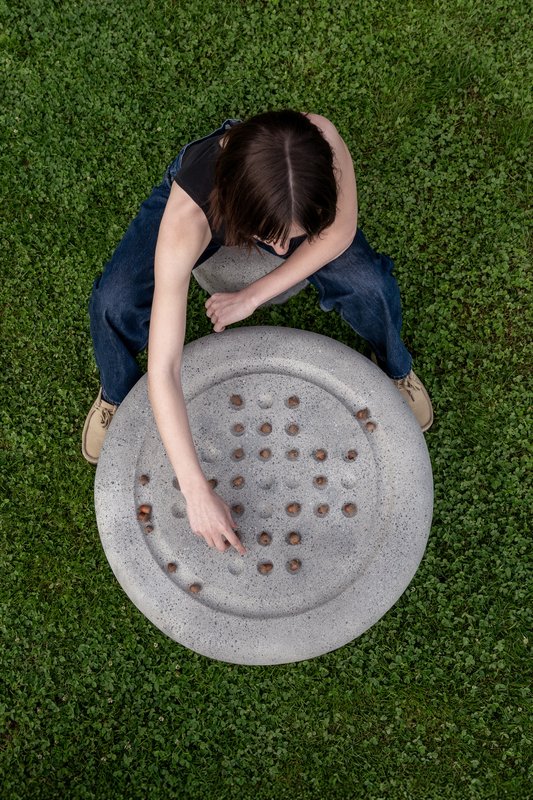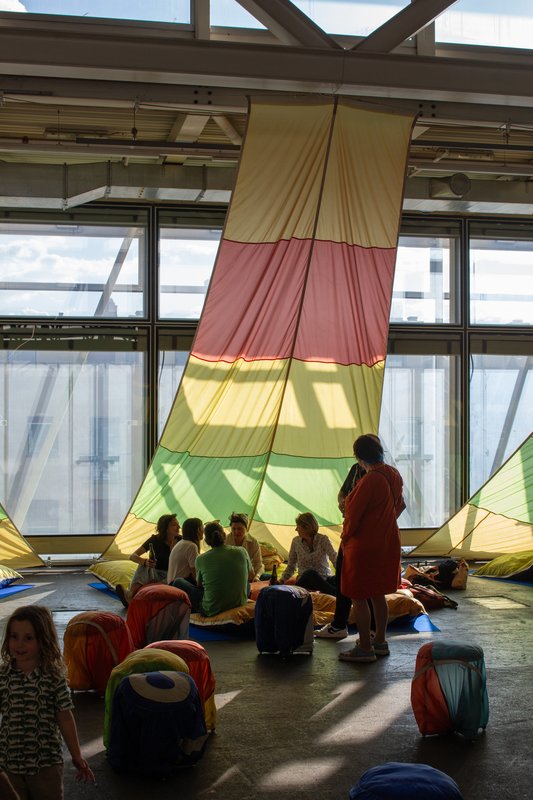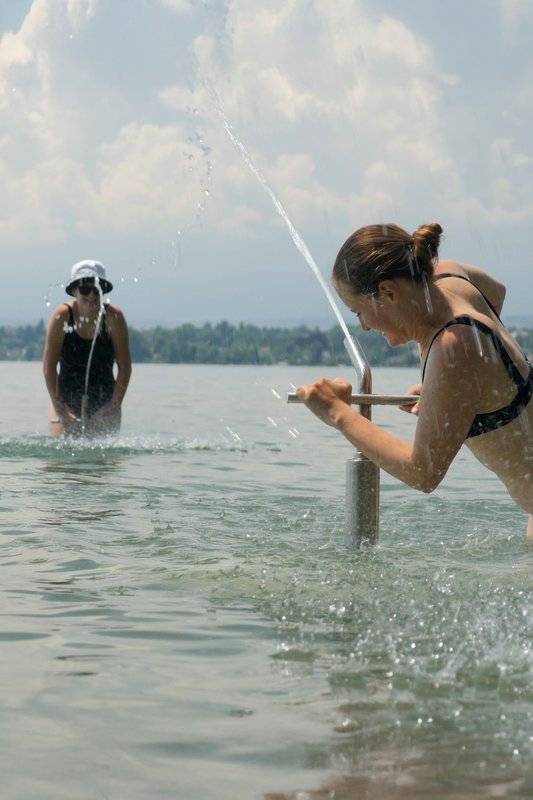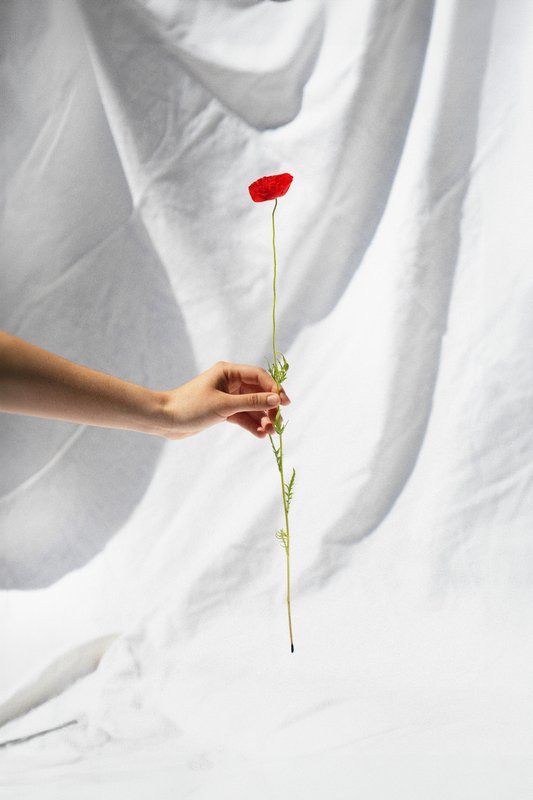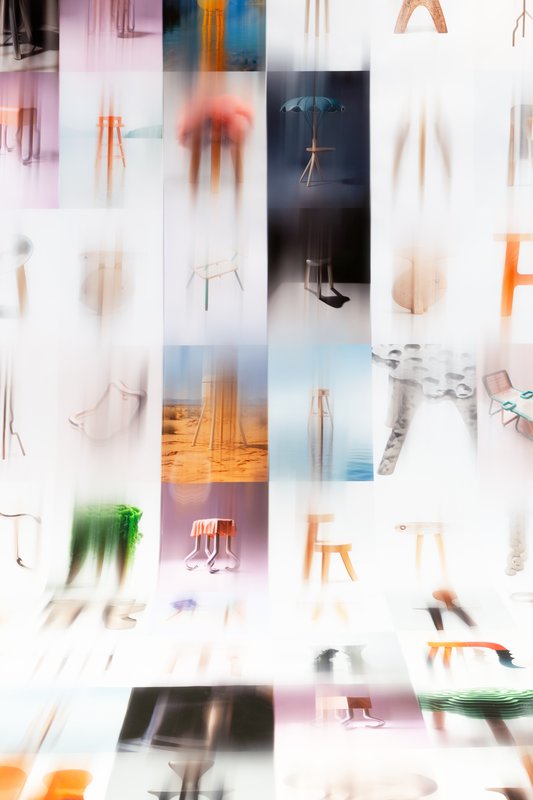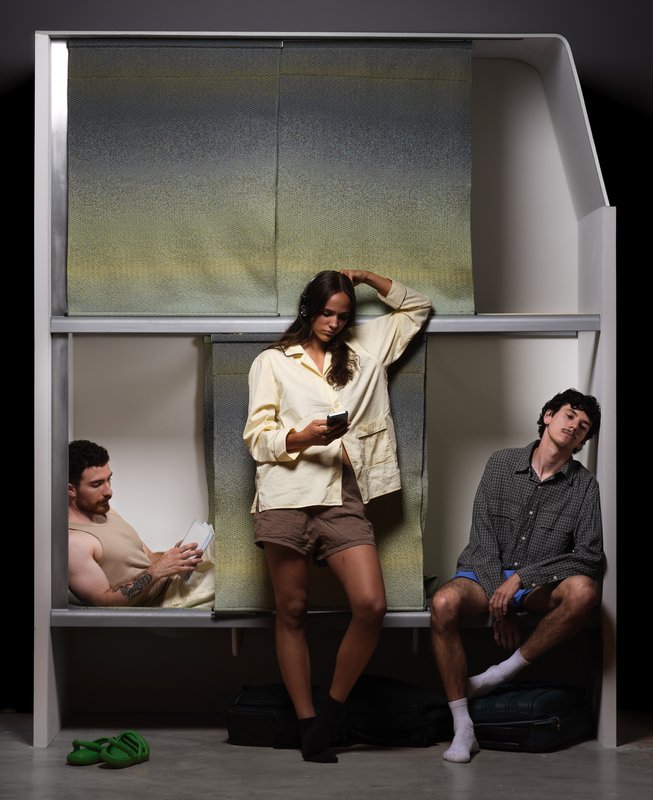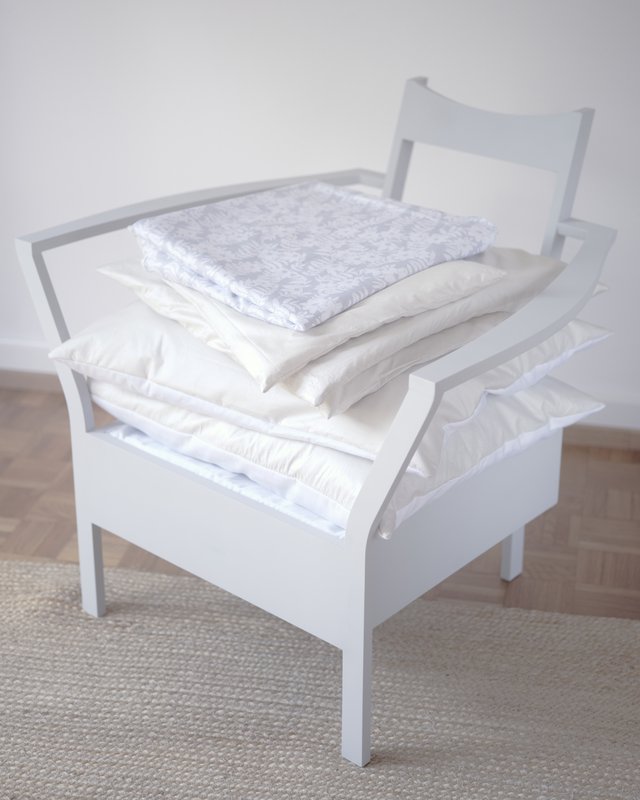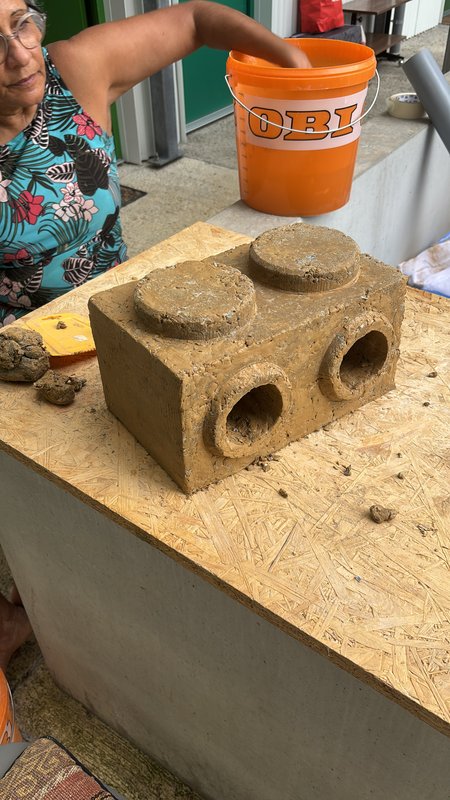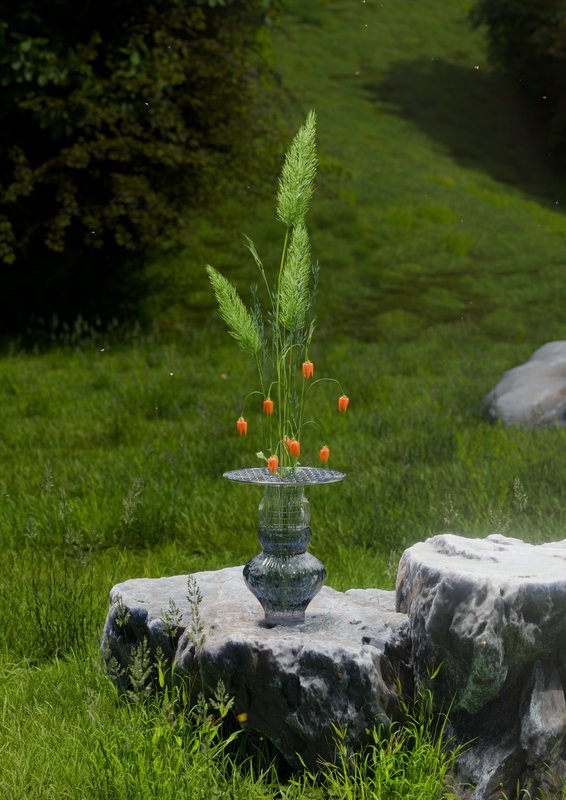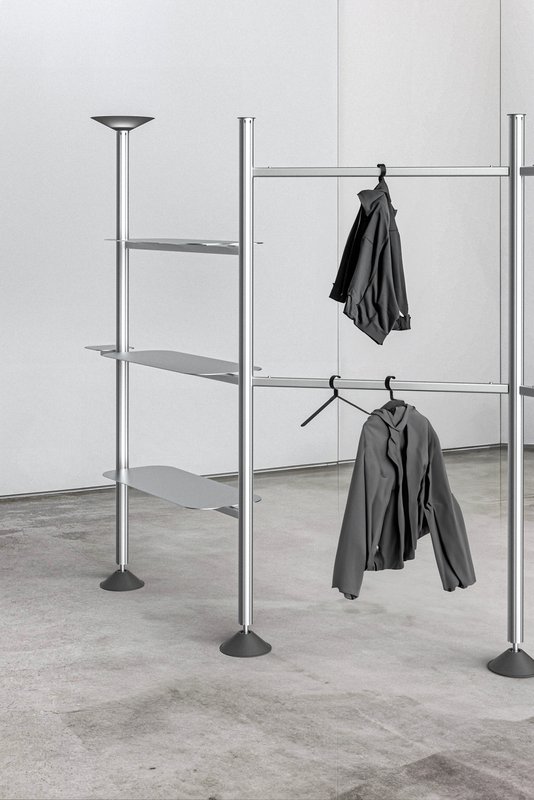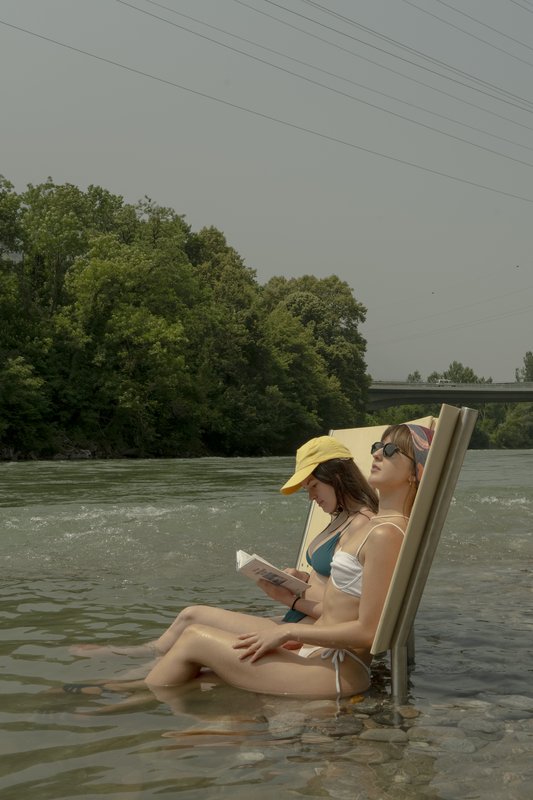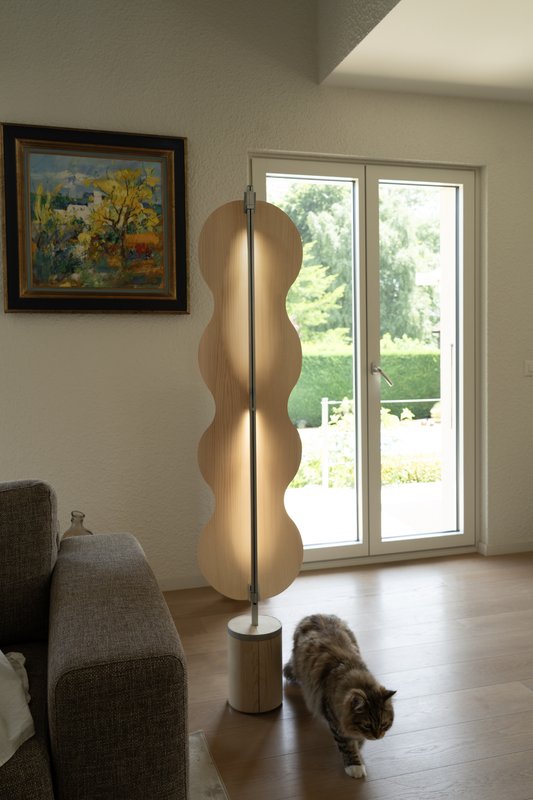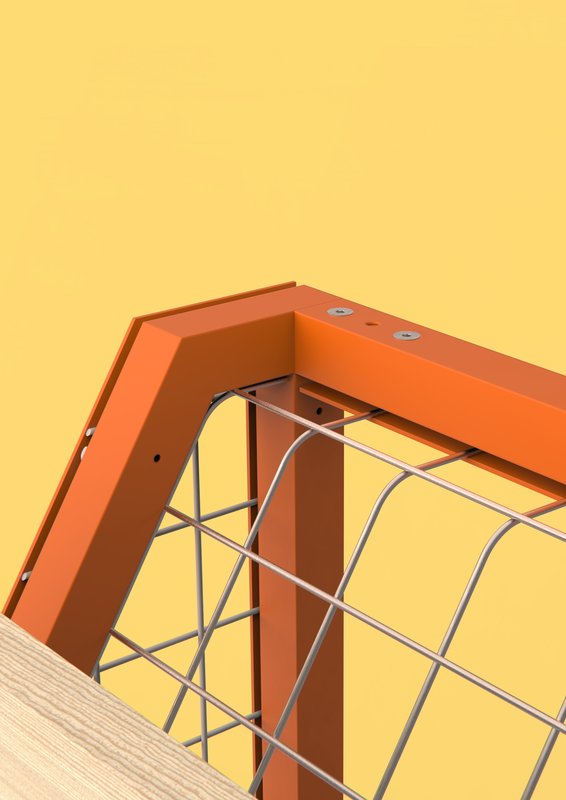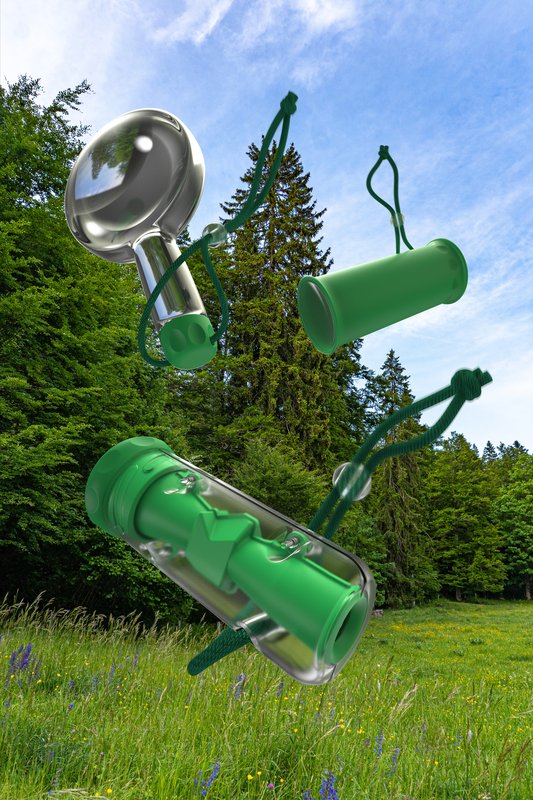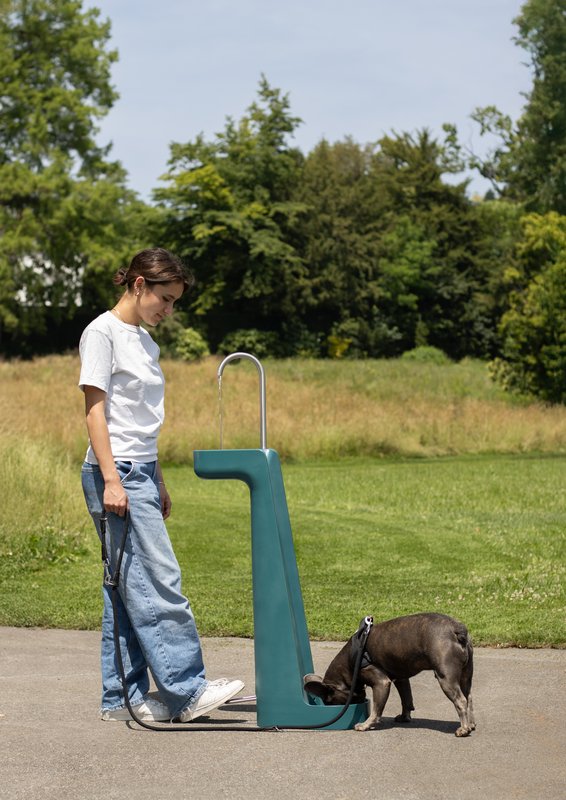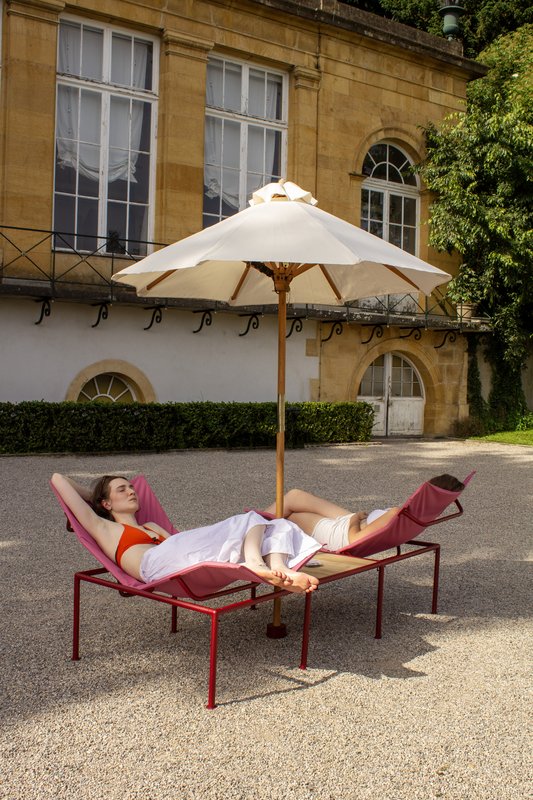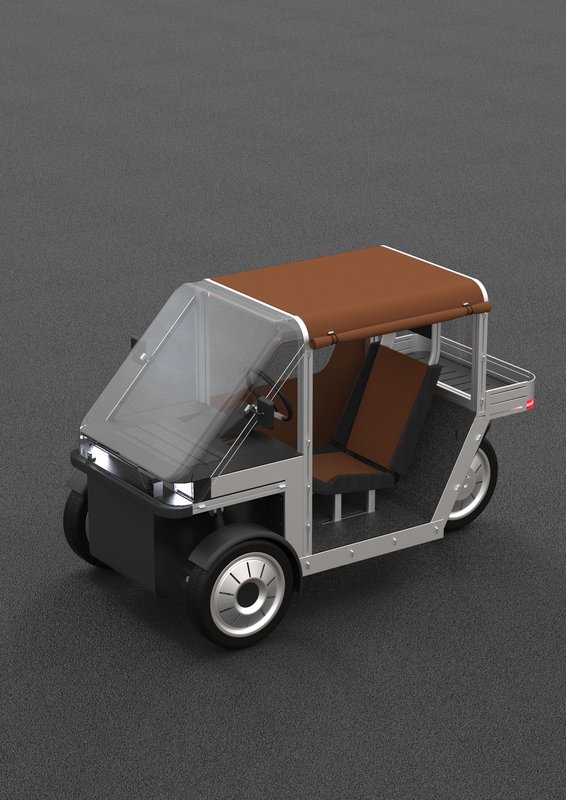Working with materials, designing or redefining an object’s function, creating new products, challenging production technologies, conceiving a scenography – this programme is for passionate, curious students wishing to make product design their profession. This vocational Bachelor course provides a high level of skills and know-how required by industrial designers.
Supervised by renowned practitioners and evolving in studios equipped with state-of-the-art technology, the students work on conceiving the form and function of objects as well as on production modes, while learning about the fundamentals of sustainability. Simultaneously they become seasoned in technical drawing, CAD software, computer-assisted manufacturing and materials science. During their curriculum they are involved in collaborative projects with first-rate companies, leading to various productions, exhibitions and publications in the international press. Workshops are also organised with major actors in this field. The students also benefit from a wide range of theoretical courses and multidisciplinary conferences on the ECAL premises.
Through the graphic design and photography courses, students are able to produce a portfolio to the highest professional standards, and therefore to find work in international agencies or leading companies or to establish their own business. They may also further their knowledge in their chosen field by continuing with a Master Product Design or a MAS in Design for Luxury & Craftsmanship at ECAL, as well as an equivalent programme in another institution of higher education.















